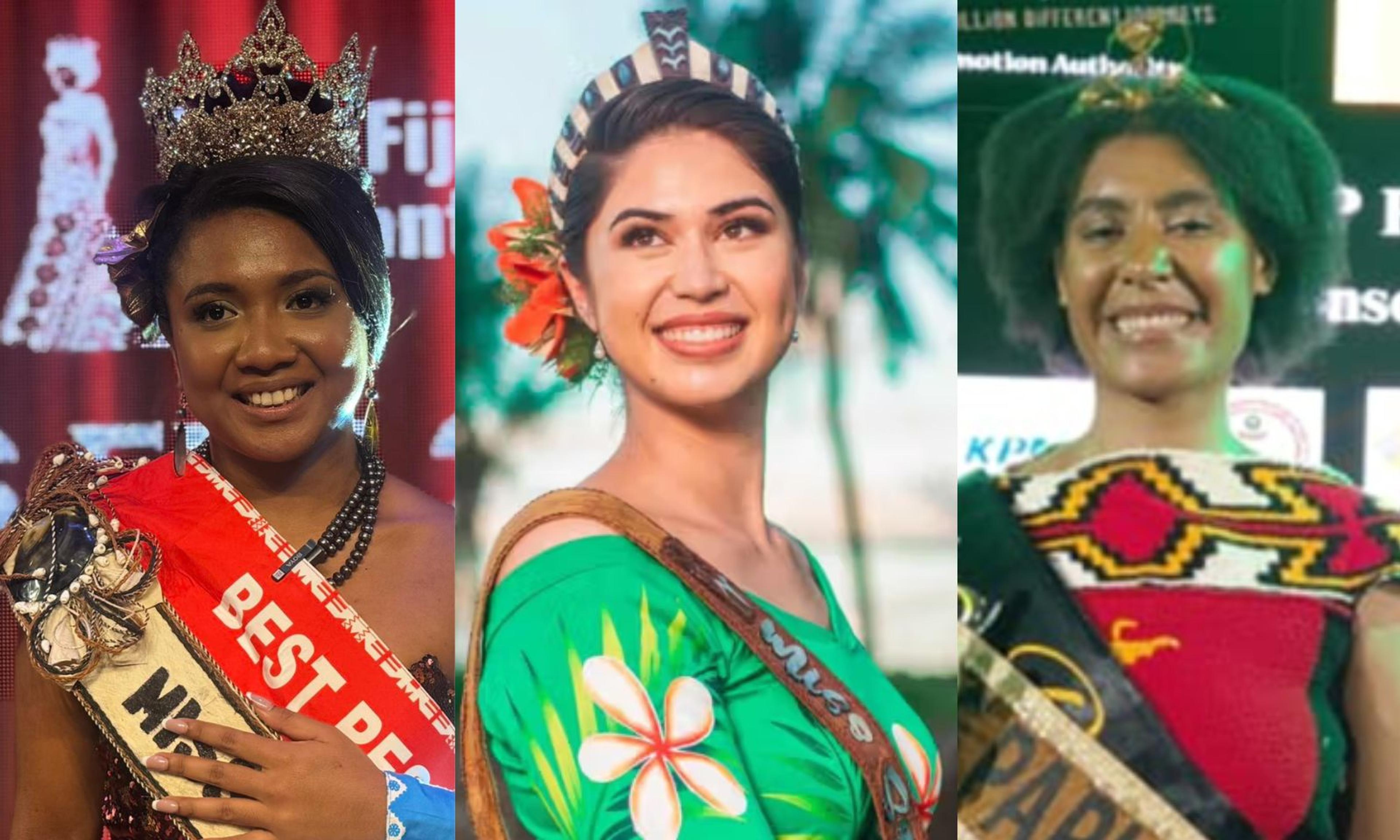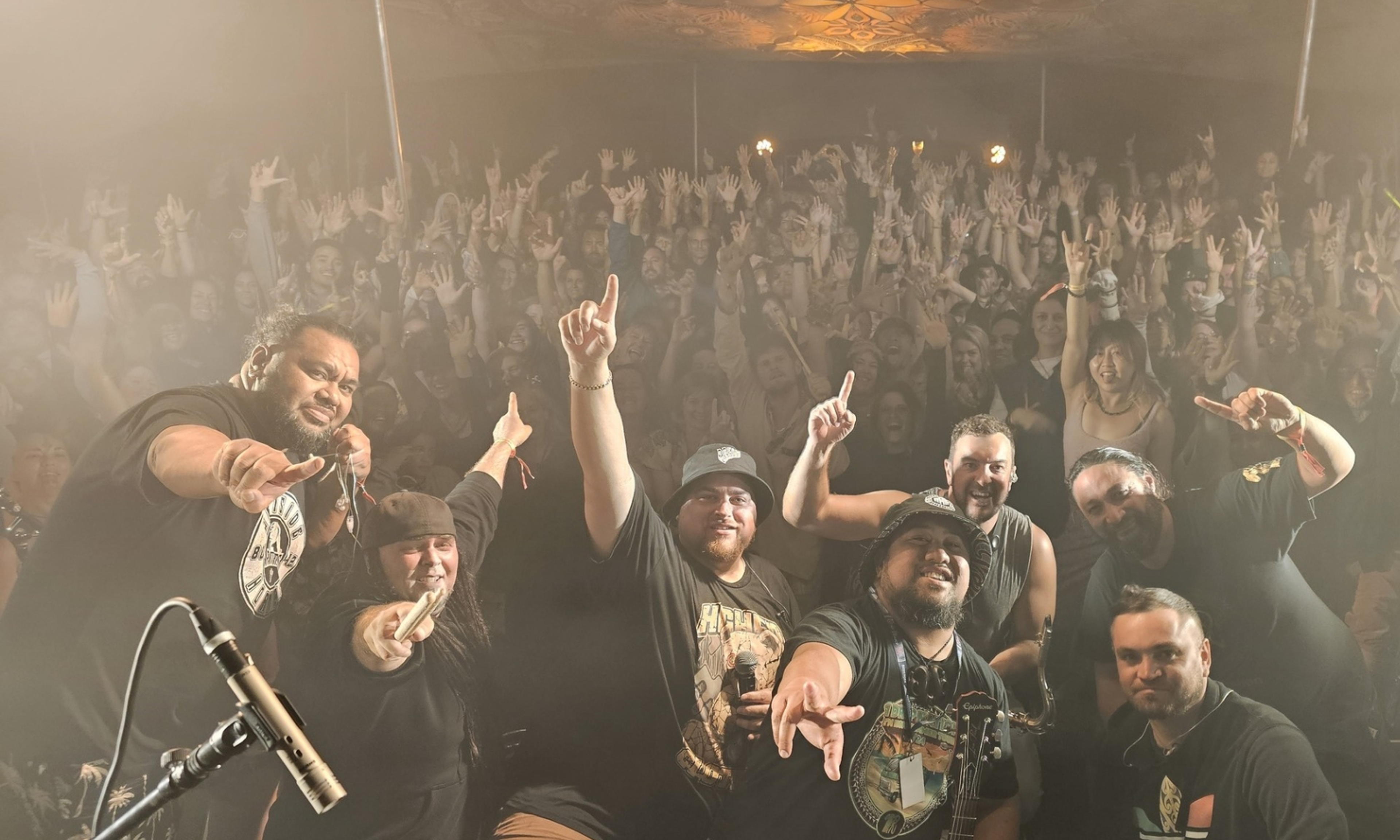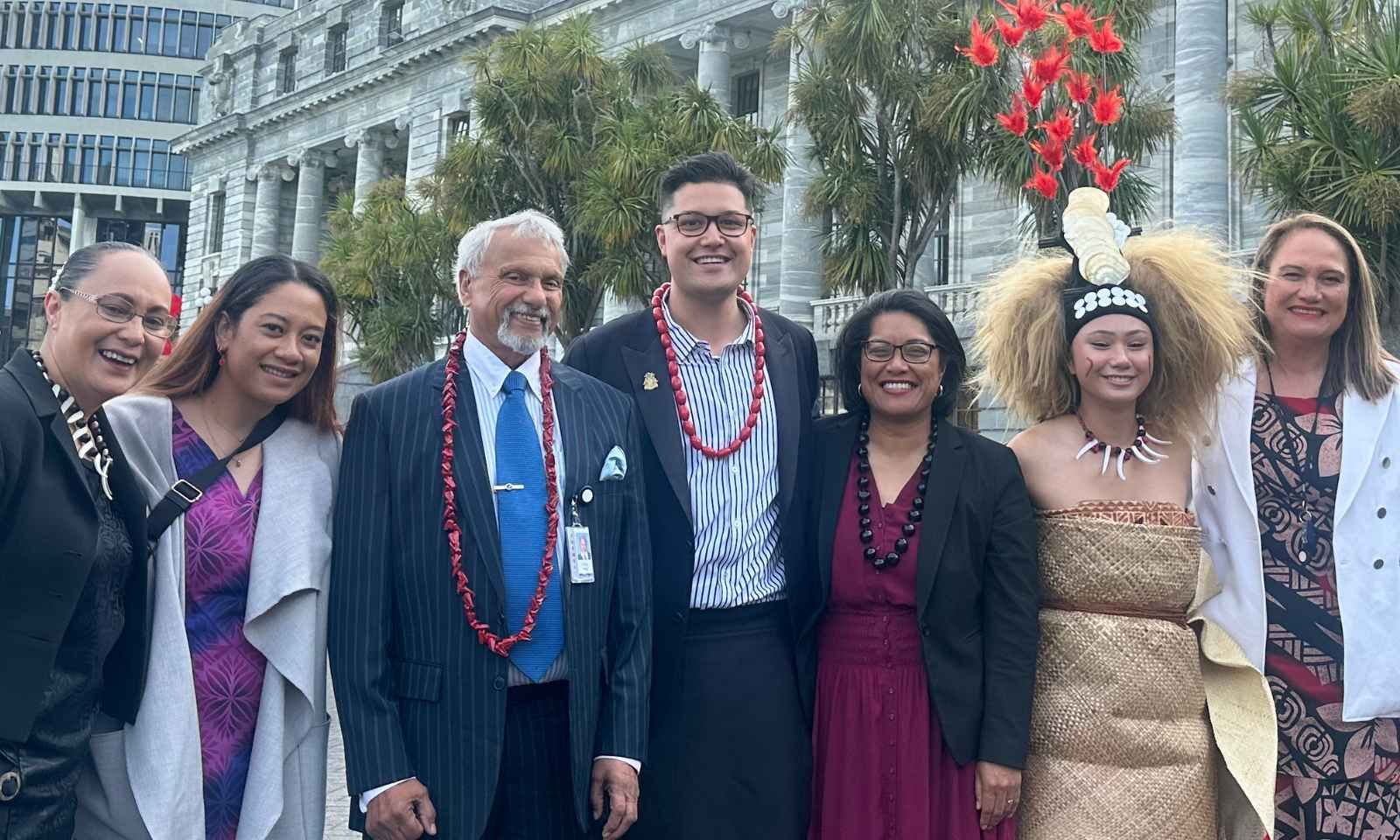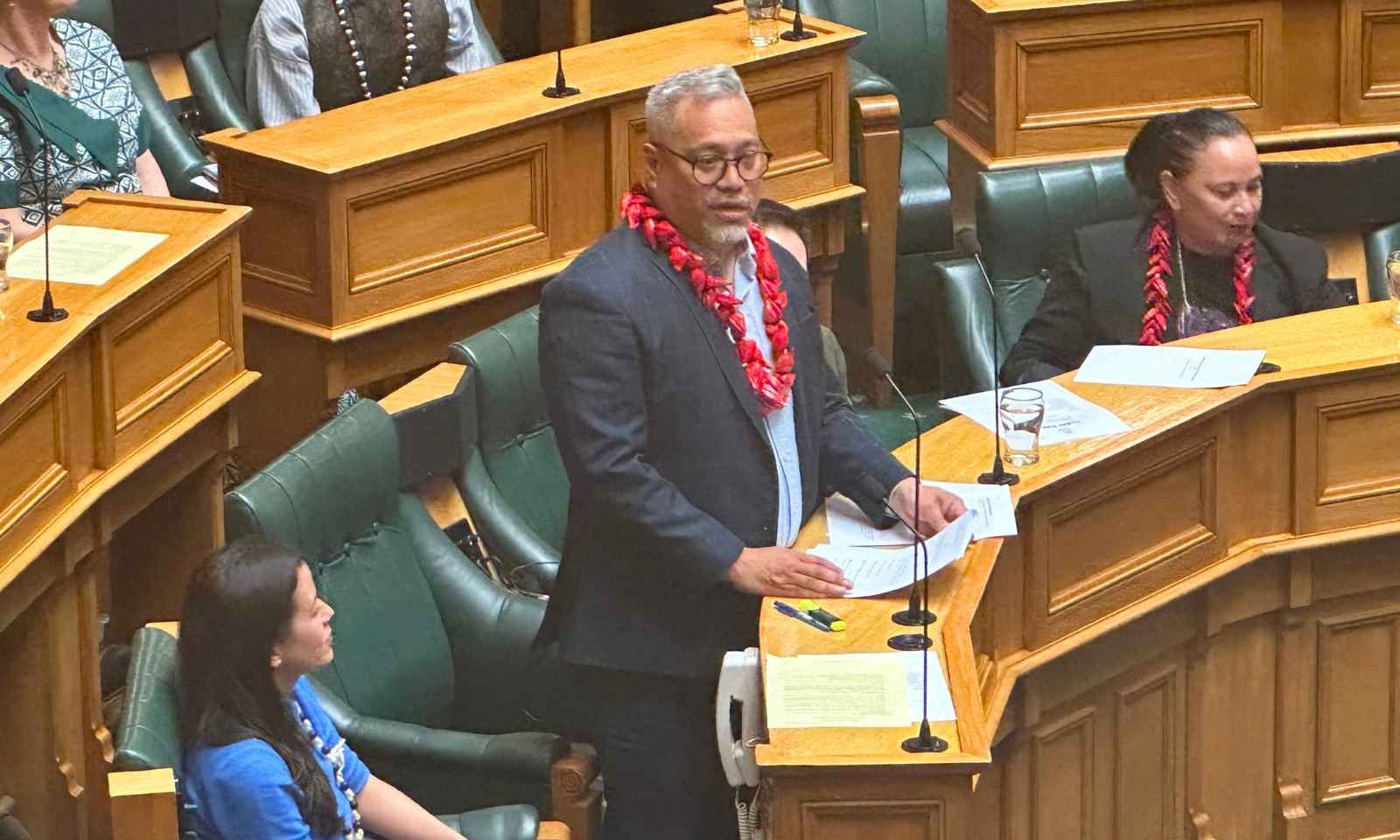

Former National MP, Anae Arthur Anae.
Photo/Supplied
‘I'm not prepared to eat the crumbs. I want the whole meal’
The Sāmoan Citizenship Bill marks progress, but former National MP Anae Arthur Anae says the fight isn’t over.



Ōtautahi's 1 Drop Nation celebrates brotherhood and legacy in new music




Lineup for Miss Pacific almost complete after Fiji, PNG crown queens

Ōtautahi's 1 Drop Nation celebrates brotherhood and legacy in new music


It has been almost a month since a bill to restore citizenship for some Sāmoans became law.
But for former National MP Anae Arthur Anae, this legislative victory feels bittersweet.
Speaking on Pacific Mornings, he expressed frustration with the bill’s limited scope, which restores citizenship to only those born between 1924 and 1948, excluding their descendants.
The bill was designed to restore citizenship for certain Sāmoans whose right to New Zealand citizenship was removed through the Citizenship (Western Sāmoa) Act 1982.
While Anae is grateful New Zealand acknowledges its past wrongs, he believes the bill does not fully address the harm caused by the 1982 Act.
“The Privy Council’s decision was clear. Those born between 1924 and 1949 and their heirs were New Zealand citizens.
“The Government’s current approach ignores that and limits justice to just one generation.”
Watch Anae Arthur Anae's full interview below.
A victory with awarning
The bill’s passage marked the end of a 27-year fight for Anae, who has dedicated much of his career to advocating for Pacific justice.
All parties supported the bill, signifying a rare moment of unity in Parliament that acknowledged the harm inflicted on Sāmoans stripped of their New Zealand citizenship.
However, Anae pointed out the challenges that remain.
He questions the Government’s claim that the bill could impact up to 100,000 people, suggesting the actual number is closer to 15,000.
He also criticised the decision to deny New Zealand pensions to elderly Sāmoans who meet the citizenship criteria but do not satisfy the 10-year residency requirement.
“How long do you think someone who is 76 years old will live to meet that requirement?
“By refusing them the pension, we’re imposing yet another barrier on people who have already been wronged.”

Anae and others on Parliament forecourt following the bill passing its Third Reading. Photo/Ala Vailala
Inequity in immigration
Anae’s advocacy goes beyond the Sāmoan Citizenship Bill.
He has long criticised New Zealand’s immigration policies, which he claims systematically discriminate against Pacific people.
“Why does New Zealand Immigration treat Pacific people in such a sad way?”
He pointed out issues like limited office hours at the New Zealand Immigration office in Sāmoa, which previously operated for just one hour a day.
By contrast, he highlighted the ease with which Australians can move to New Zealand without restriction.
“If 20 million Australians can come here freely, why are we blocking 15,000 Sāmoans?”
He called for an automatic three-month visitor visa for Pacific people to eliminate overstaying issues.

Teanau Tuiono during the bill's third reading. Photo/Ala Vailala
Political reflections
Anae’s journey has not been without its political challenges.
Reflecting on his time in the National Party, he spoke about the resistance he faced within his ranks.
“I went there to prove we all belong. But the way I was treated made it clear how much work still needed to be done.”
Despite these obstacles, Anae credited NZ First's Vaovasamanaia Winston Peters and ACT's David Seymour with supporting the bill.
“If Winston and David hadn’t backed us during the first reading, this bill would have died right there.”
Looking ahead, Anae sees hope in New Zealand’s shifting demographics.
“This country is no longer dominated by Pākehā. And in the next 10 years, I actually believe the numbers are going to change. The number of ethnic people may just be sitting at 50% or climbing over.
Watch Falema'i Lesa share her support for the Bill and her fight to take her case to the Privy Council in 1982.
“When that happens, there is this change, an absolute change. We will see a change in the face of politics. We will see many things change.
“But then we ourselves, being now the majority of people, have to consider it in our thinking and accept that we respect everybody equally.”
Moving forward
For Anae, the fight for justice is far from over.
He remains committed to ensuring that the Sāmoan Citizenship Bill is implemented fairly and inclusively.
He is also pushing for broader reforms to immigration policies that have long disadvantaged Pacific communities.
“I’m not asking for special treatment. I’m demanding equality. Pacific people deserve the same rights as anyone else.”
A call to action
Anae’s message to Pacific communities is clear: the fight for justice does not end with this bill.
“I'm not prepared to eat the crumbs. I want the whole meal, and that's all we're asking for here.”